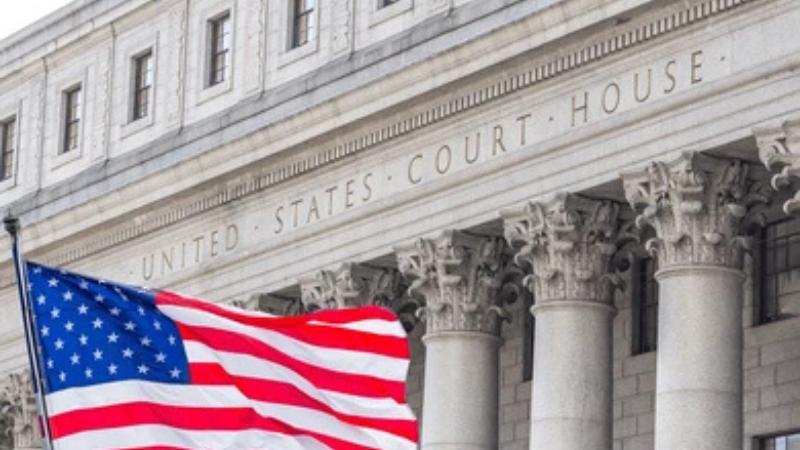
- greensea
- 02 Jan 2025 12:12 AM
- General
Starting January 1, several new laws are taking effect across the United States:
In New York:
Employers are now required to provide 20 hours of prenatal sick leave annually, in addition to existing sick leave policies. This leave is designated for medical appointments such as physical exams and procedures, as announced by Governor Kathy Hochul’s office.
"Hardworking New Yorkers shouldn’t have to choose between buying food or paying rent when they need time off to care for a new child or family member, or recover from an injury," said Governor Hochul. "At the same time, business owners also need affordable solutions to support their employees. I’m proud New York State is leading the way in supporting workers and businesses alike."
With this legislation, New York becomes the first state in the U.S. to offer paid time off for medical care related to pregnancy. Employers may choose to provide more than the mandated 20 hours.
In California:
- A new law protects actors and performers from the misuse of their digital likeness in audio and video productions, addressing concerns about unregulated artificial intelligence applications.
- Parents are now required to set aside 15% of the earnings generated by child social media influencers. These funds will be held in trust and accessible only when the child reaches adulthood. Governor Gavin Newsom’s office emphasized that this law is intended to prevent "financial abuse" of child influencers.
- Teachers and school staff are prohibited from forcibly disclosing a student’s gender identity or sexual orientation. However, parents may still request school records. Staff are also protected from retaliation for refusing to disclose this information.
In Florida:
A new law restricts children under the age of 14 from creating social media accounts. While the law technically goes into effect on January 1, enforcement will begin in February.
These legislative changes aim to address evolving social, technological, and family dynamics, setting significant precedents in worker rights, digital privacy, and child protections.







































